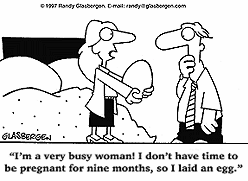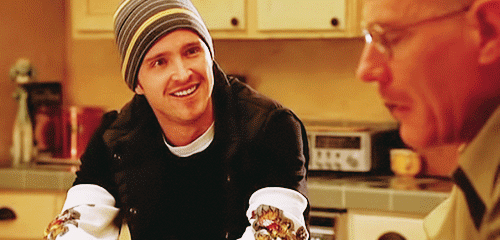
Hello blog world, it’s been a while. My posts are going to change direction from now on as I have left research and am starting a PGCE. I finished my masters last September and have since worked a bit and travelled a bit. It’s been a great year, with not a lot of science, but it has given me time to reflect on my master’s year and why I decided to leave the research world… for now. Completing a masters was a really good experience and I would encourage anybody considering one to go for it (it’s tough, but worth it). But by the end of the year I’d decided that research wasn’t for me. This blog is a bit of an overview about two major problems I came across in scientific research which influenced my decision.
 Bad Science (thanks Ben (1))
Bad Science (thanks Ben (1))
I came across many examples of bad science when reading papers. I’m not going to use actual examples, mainly because this was last year and I’m not prepared to hunt through my old work, so I’m afraid you’ll have to just take my word for it, which you shouldn’t do, because that’s not good science (so maybe just stop reading now?). But here are some examples of bad research practice that I regularly came across:
Ploughing through these papers and discussing them in journal clubs made me realise how important ‘good science’ is. But it is hard! I appreciate the inevitability of contrasting results or bizarre outcomes in science, it’s just what happens. That’s why it’s so important to not draw conclusions lightly, but encourage repeats or further experiments. However this does take time and money, which is not always on a scientist’s side. I can almost understand why research groups produce these kinds of papers. The culture in scientific research, both in industry and in universities, is designed around funding. You only have to read Ben Goldacre’s Bad Science(1) and Bad Pharma(2) for some examples of cases where results have been wrongly interpreted, or where research was rushed to meet funding body requirements. The competitiveness of research (often competing for limited funding) can lead to ill-thought out papers and possibly ill-thought out conclusions, which in turn can mislead future studies. It may even prevent progression in a whole area of science. I was lucky to be in a lab where we scrutinised everything in a paper, which meant we were very careful with the work we carried out ourselves. Yes, it was painstaking and led to long days troubleshooting experimental set ups, but it meant we could really trust what we did. However, even in my lab there was a pressure to produce results fast and in time scales that were just not realistic.
Women in Science
Having said all this, there are obviously some excellent researchers out there. I got to meet some of these people at ARUK’s conference in Manchester last year, where I was especially impressed with some of the woman scientists. But it made me realise there is still a long way to go before women in science have equal opportunities. This has already been extensively written about, but I’m going to explain a bit about my experience and perspective. I didn’t experience any sexism during my day-to-day life in research, nor have I spoken to anyone who has. That’s obviously not to say it doesn’t happen, however my experience of gender inequality is more to do with employability. A quick internet search came up with lots research in this area and repeatedly show that women really are disadvantaged when it comes to getting a job in STEM research(3).
One woman I spoke to said she found it nigh-on impossible to find a new post-doc position after having a baby. It was assumed that because of a gap in her publications, she was no longer a desirable post-doc choice as she had been out of science for a year. Now obviously this is just one perspective, but surely there is something inherently wrong when a highly qualified and intelligent woman struggles to find a position because of an assumed lack of up-to-date knowledge? The pressure to perform and have a large and up-to-date back catalogue of publications is a stress for anyone, but especially for women. Any sign of a gap in publications makes it much harder to get back into the profession. Leaving to have a family is not only a problem for women (although more likely to be). The instability of a research career can be a problem for anyone:
Short term contracts are another big problem in science, and not just for women. It is extremely hard to settle down in one place for more than a few years when projects are funded on time scales. Only after years of moving about does it become remotely possible to find a permanent position in a university. This is another reason why women in research struggle. Uprooting every few years is not the way that most people envisage bringing up a family.
This is not to say it is not possible for women. I really admire those women professors who have reached the top of their game and have made it work. Because from my position, it sure doesn’t seem easy to do. If any of you research wonder women are reading this, please let us into the secret!
I’m aware this has been a bit of a rant and perhaps slightly one-sided. Yet after speaking to many people in research, these views are widely shared and are some of the reasons I decided not to pursue a research career. Instead, I’m about to start a PGCE, to teach secondary school biology. Aside from the issues I have with research, I found that the part of my masters I enjoyed the most was outreach and communicating the joys of science to others. But going into a profession where I hope to inspire young women and men to consider a career in science, I am very keen for some of these issues to be addressed. What the answer is, I am not quite sure (another post maybe). Because getting people excited about science is only the first step, keeping them in science is another matter.





